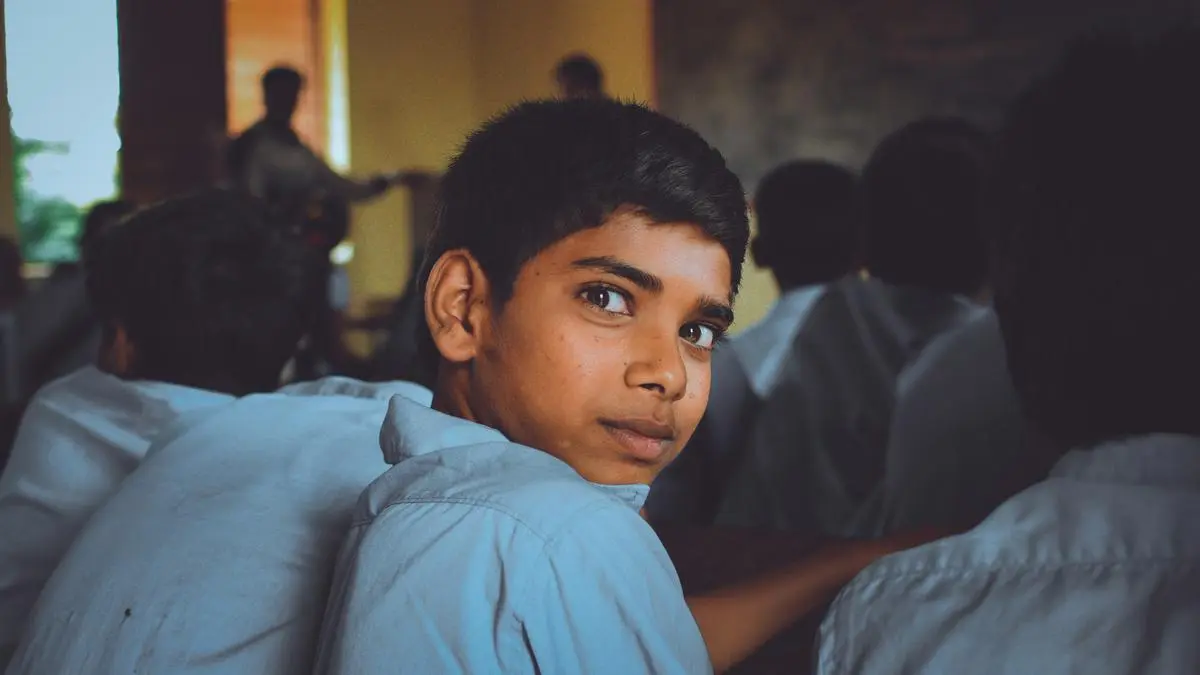by JINOY JOSE P.

Dear reader,
My Instagram handle is Jinoymash. No, this is not a social media plug. That is simply how I am—or perhaps how I once was—known in my village. I have been what Indian imagination would easily call a “tuition mash” for many years, especially during my college days, teaching little children who wandered into my life, one of whom was barely three.
I can still see little Sanjo, whose father, a bank employee, wanted him to start school with “some basics”. Sanjo could not even pronounce his own name properly. He would say fa for sa: “Fanjo wants bifcuit.” It was so beautiful, so innocent, that I never once tried to correct him. When his father worried aloud about whether this would remain, I consulted a friend studying psychology who reached out to someone in speech therapy, and the professional reassured us it was harmless, something he would outgrow. And so it was: Sanjo shed fa for sa and became, in his father’s relieved words, “normal”. His father thanked me—the “mash”—for helping, but in truth it was the family’s patience, their willingness to wait, to withstand social pressure, to understand the boy as he was, that gave him the room to bloom.
But Anoop Kumar’s (name changed) family had none of that understanding or knowledge, for they were poor, uneducated, and above all, unsupported. Anoop used to stammer; he could never finish the “r” in Kumar. He was, I know now, autistic. And his mind worked in remarkable, unexpected ways. Take this one example: he struggled to memorise the multiplication table of nine. It simply refused to lodge in his memory. So he invented a trick. Each time he recited, he placed both hands on the table. For 1×9, he folded one finger on his left hand and, quick as lightning, counted the nine that remained. For 2×9, he folded the second finger, saw the single finger on one side and eight on the other, and instantly declared “eighteen”. He did this all the way through the table, his eyes darting, his mind racing, and the answers always right.
I never knew whether he had discovered an old trick or conjured it himself, but it worked. When I asked him why he did it, whether it was cheating, the frail little boy—he was still in primary school—looked up at me with wet eyes and whispered, “This is how I learn, mashe.” That helpless honesty pierced me. I did not stop him, but I did murmur that one day he might have to learn the “usual” way. I remember feeling a small sting of shame as the words left my mouth.
Anoop had many such habits that the mainstream would dismiss as flaws, but to me, he was brilliant, witty, shy in a unique way, with a crooked smile that could disarm anyone. We grew close. By then, I was tutoring nearly every child in the village. Some families paid me, many did not, but they gave me love, respect, and plates of boiled bananas and eggs whenever they could.
My little army grew fast: Anoop, Dhanya, Drishya, Remya, Chinnu, Ponnu, Paru, Avinash, and many others. We shared our afternoons, laughed, traded gossip. They told me everything—their schools, their teachers, their parents. In fact, they were my teachers; I was endlessly amazed by their intelligence, their presence of mind, their sharp grasp of the world.
Frontline for more
